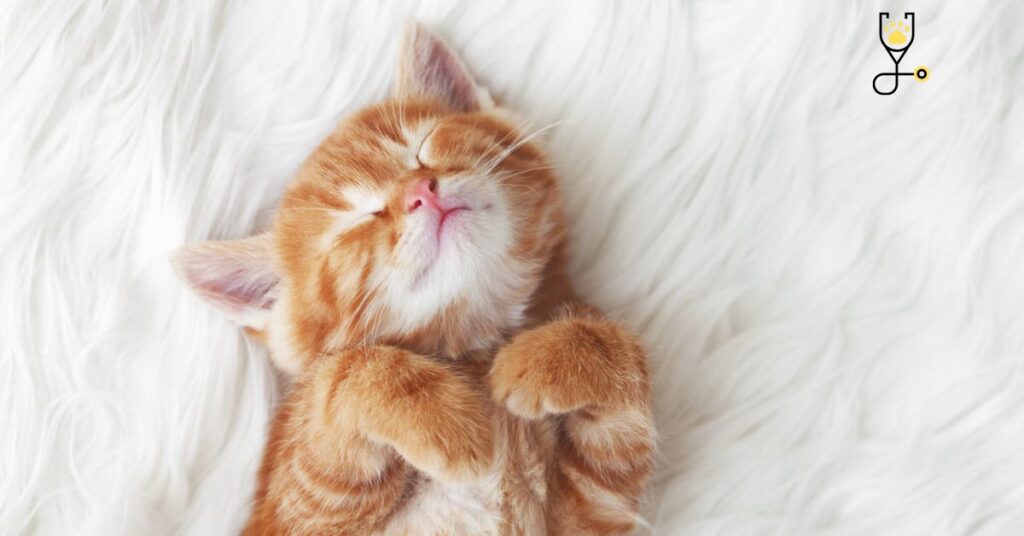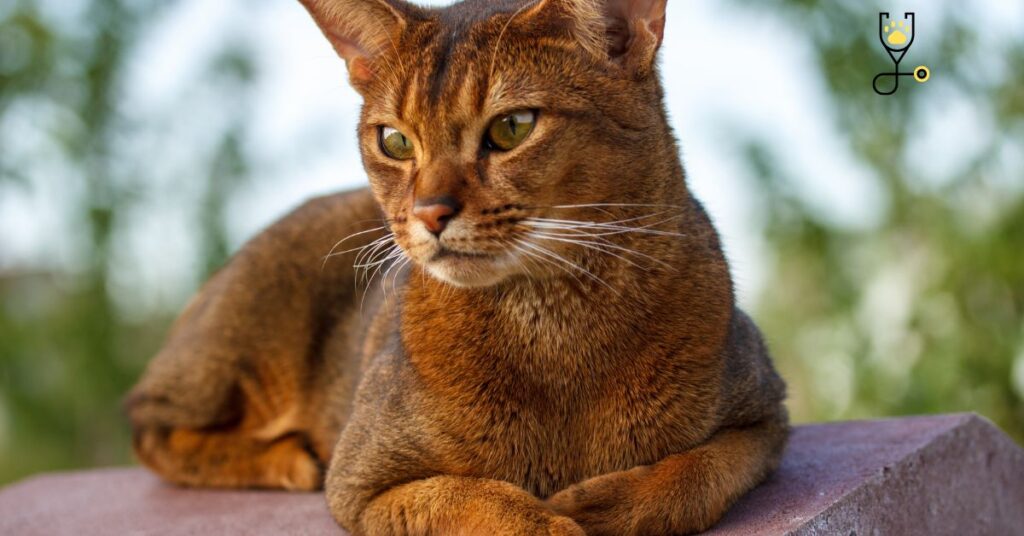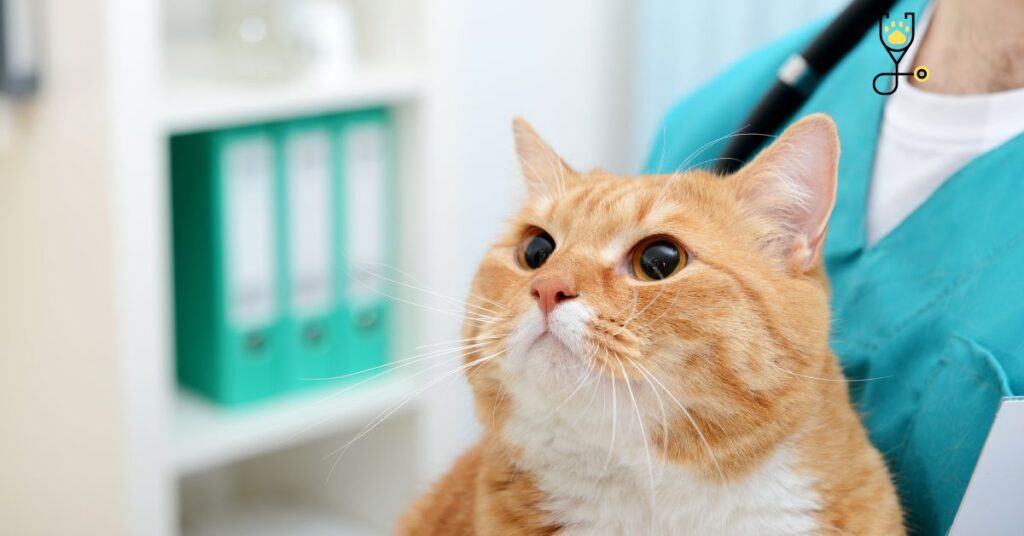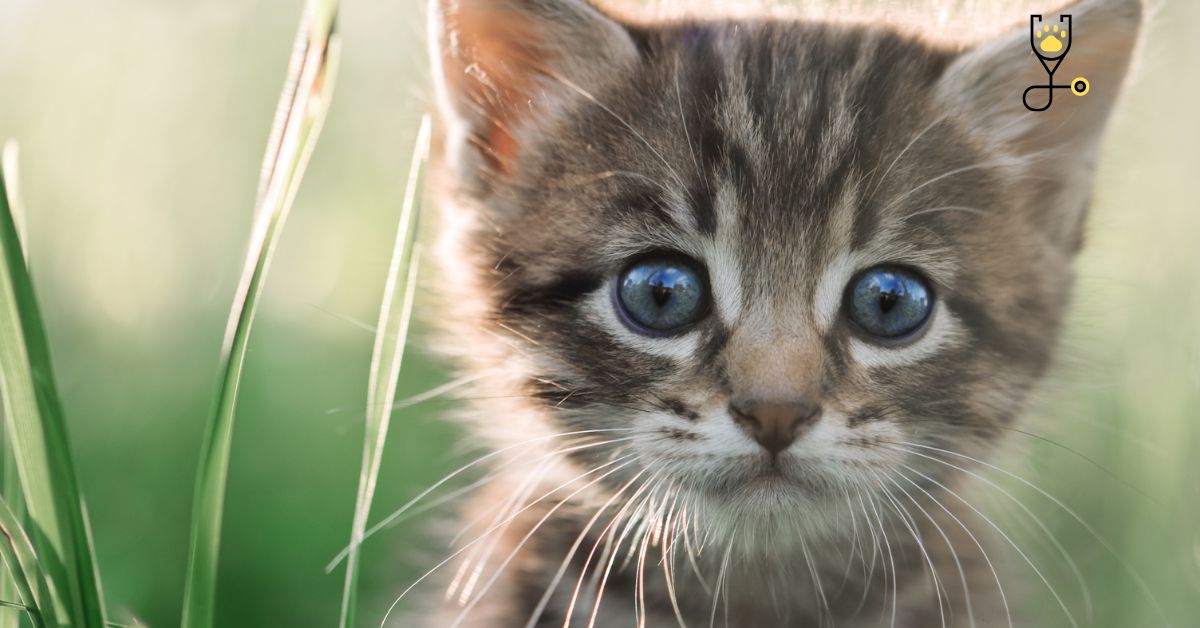If you have a kitten, then you may be wondering what Feline Calicivirus (FCV) is and how it can affect your little one. FCV is a virus that primarily affects cats and can cause respiratory disease. It is often seen in young kittens who are not yet vaccinated. In this blog post, we will discuss the causes, treatment, and prevention of FCV.
What is Feline Calicivirus?
FCV is a virus that primarily affects cats and can cause respiratory disease. It is often seen in young kittens who are not yet vaccinated. The virus is spread through contact with an infected cat’s saliva, nose secretions, or feces. It can also be spread through contact with contaminated surfaces, such as bowls, bedding, or litter boxes.
What are the symptoms of FCV in kittens?
The symptoms of FCV vary depending on the age and health of the cat. In young kittens, the virus can cause severe respiratory disease, which can lead to death. In older cats, the virus can cause a milder form of respiratory disease. The symptoms of FCV include:

– Sneezing: This is the most common symptom of FCV.
– Fever: Your kitten may have a fever if they are infected with FCV.
– Runny nose: A runny nose is another common symptom of FCV.
– Eye discharge: If your kitten has FCV, they may have discharge from their eyes.
– Loss of appetite: Your kitten may lose their appetite if they have FCV.
– Lethargy: FCV can cause your kitten to be lethargic.
– Mouth ulcers: Some kittens with FCV may develop mouth ulcers.
– Pneumonia: In severe cases, FCV can cause pneumonia.
Causes of FCV in kittens
1. Respiratory disease: FCV can cause respiratory disease in kittens.

2. Transmission: The virus is spread through contact with an infected cat’s saliva, nose secretions, or feces. It can also be spread through contact with contaminated surfaces, such as bowls, bedding, or litter boxes.
3. Exposure: Kittens can be exposed to FCV if they are in contact with an infected cat.
4. Unvaccinated: Kittens who are not vaccinated against FCV are at a higher risk of contracting the virus.
5. Young age: Kittens are more susceptible to FCV than adult cats.
Treatment for FCV in kittens
1. Fluids: If your kitten is dehydrated, they will be given fluids under the skin or through an IV.
2. Oxygen: If your kitten is having difficulty breathing, they may be given oxygen.
3. Antibiotics: Antibiotics may be prescribed to treat secondary bacterial infections.
4. Supportive care: Your kitten may be given medication to help with symptoms such as fever, runny nose, and eye discharge.
5. Prevention: The best way to prevent FCV is to have your kitten vaccinated against the virus.
If you think your kitten may have FCV, contact your veterinarian immediately. Early diagnosis and treatment are crucial for a positive outcome.
How is FCV diagnosed?
– A veterinarian will take a history and perform a physical examination.

– A complete blood count may be performed to look for anemia or infection.
– Urinalysis may be performed to look for evidence of infection.
– Chest radiographs may be taken to look for evidence of pneumonia.
– A biopsy of the respiratory tract may be performed to confirm the diagnosis.
Preventions of FCV in kittens
1. The best way to prevent FCV is to have your kitten vaccinated. The vaccination is typically given at 8, 12, and 16 weeks of age.
2. kittens with FCV should be isolated from other cats to prevent the spread of the virus.
3. good hygiene practices, such as washing your hands after handling your kitten, can help prevent the spread of FCV.
4. If you think your kitten may be infected with FCV, contact your veterinarian immediately. Early diagnosis and treatment are important for the best outcome.
5. There is no specific treatment for FCV. Antibiotics are not effective against the virus.
6. In some cases, kittens with FCV may require oxygen therapy or mechanical ventilation.
7. Kittens with FCV should be isolated from other cats to prevent the spread of the virus.
Can FCV tranfer to Humans?
No, FCV cannot transfer to humans. The virus does not cause any disease in humans.
What is the prognosis for kittens with FCV?
The prognosis for kittens with FCV is poor. Many kittens die from the virus, even with treatment. Kittens that do survive may have lifelong respiratory problems.
Conclusion
Feline calicivirus (FCV) is a virus that can cause respiratory disease in kittens. The virus is spread through contact with an infected cat’s saliva, nose secretions, or feces. Kittens can be exposed to FCV if they are in contact with an infected cat. The best way to prevent FCV is to have your kitten vaccinated against the virus. If you think your kitten may have FCV, contact your veterinarian immediately. Early diagnosis and treatment are crucial for a positive outcome.
Frequently Asked Questions
Feline calicivirus (FCV) is a virus that can cause respiratory disease in kittens. The virus is spread through contact with an infected cat’s saliva, nose secretions, or feces. Kittens can be exposed to FCV if they are in contact with an infected cat.
The best way to prevent FCV is to have your kitten vaccinated against the virus. The vaccination is typically given at 8, 12, and 16 weeks of age.
Symptoms of FCV include fever, runny nose, eye discharge, and respiratory difficulties. Kittens may also have mouth ulcers and a loss of appetite.
A veterinarian will take a history and perform a physical examination. A complete blood count may be performed to look for anemia or infection. Urinalysis may be performed to look for evidence of infection. Chest radiographs may be taken to look for evidence of pneumonia. A biopsy of the respiratory tract may be performed to confirm the diagnosis.
There is no specific treatment for FCV. Antibiotics are not effective against the virus. In some cases, kittens with FCV may require oxygen therapy or mechanical ventilation. Kittens with FCV should be isolated from other cats to prevent the spread of the virus.







